When a child or youth has experienced many traumatic experiences, and at least some of these were perpetrated by a trusted adult in the child’s life, we call this Complex Developmental Trauma. It derails normal brain development and affects many areas of a child’s life, including: attachment, biology, emotion regulation, dissociation (attentional control, or integration of emotion and identity states), behavioural control, cognition, and self-concept. Complex developmental trauma has been linked to impairments in language abilities (especially comprehension), memory, and attention. However, our emerging understanding of the brain’s ability to heal and change itself (neuroplasticity), suggests that these deficits improve with the provision of a safe, consistent, predictable, and loving environment.
